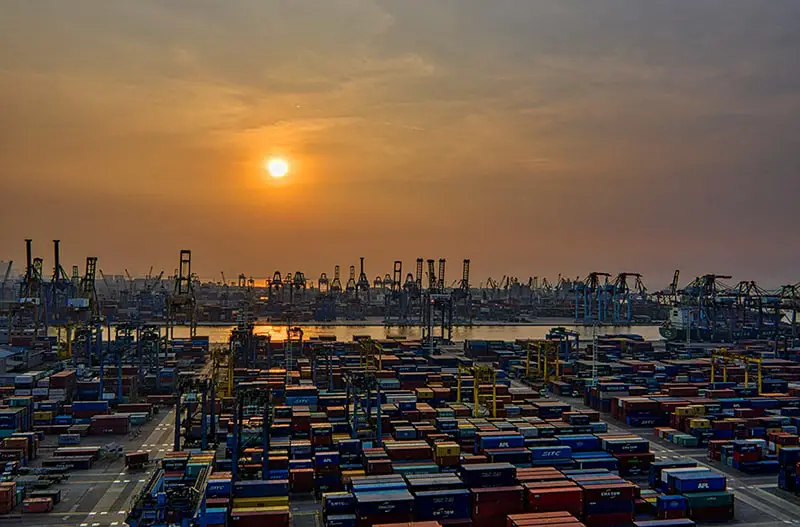Click here to get this post in PDF

An essential step for growing a business is to expand beyond the home market. This is especially important in a world where “the global economy” has taken over. The global links available today (i.e. driving German cars or drinking Brazilian coffee in the U.S.) are supported by the phenomenon of internationally traded -; import and export.
To succeed in international trade, it’s necessary to fully understand international business and the shipping process. Even though shipping regulations vary from one country to another, there are several common errors that all exporters should be aware of to avoid if they want to build a successful global business. Keep reading to learn what those mistakes are.
1. Overlooking a Potentially Promising Foreign Market
While issues like Heat Treated Pallets and shipping methods must be considered, it’s also important to consider what foreign markets are being focused on. A foreign market that is promising is one that has a high level of demand and one with a favorable business environment. The most basic rule of business is to know what foreign market is most commercially viable. However, there are many exporters -; especially the ones who are new to this trade -; that fail to see these markets.
To avoid this mistake, it’s important for an exporter to focus on a few specific ideal markets, rather than catering to an array of countries at one time. A streamlined effort is the key to success in any export business.
2. Failing to Localize the Product
There are many exporters who have made the mistake of trying to enter a new, foreign market without taking the time to conduct plenty of market research. This can create an array of issues including selecting the wrong type of distribution channels.
Exporters have to understand that foreign customers don’t always accept a product as-is and delivered in this manner throughout the world without any customization. Prior to launching the product in any foreign market, it’s a good idea to research the local market.
3. Failing to Conduct a Background Check
If an exporter wants to establish a base in an all-new market, it’s important to find a trustworthy business partner that has a good reputation. In some cases, in all the excitement that goes along with “going global,” exporters don’t conduct the necessary due diligence or even a background check of their international business partner. This level of negligence may lead to a loss of reputation for the business, market issues, and financial problems.
4. Not Insuring the Goods
In any type of exporting work, accidents are bound to occur. A ship can sink, catch on fire, or crash. Goods may also be damaged or stolen. These accidents and incidents may cause financial losses along with damages to the product. Exporters can work to eliminate or at least minimize a loss by ensuring they have proper insurance coverage for the goods being shipped.
Exporting Safely
If someone is new to the exporting business, they need to use the tips and information here to ensure that the desired results are achieved. Being informed is the best way to ensure that the desired results are achieved and that the most common issues aren’t encountered. It’s also a good idea to take a cue from exporters that have been successful in the past.
You may also like: Top Tips For Trading Internationally
Image source: Pexels.com
